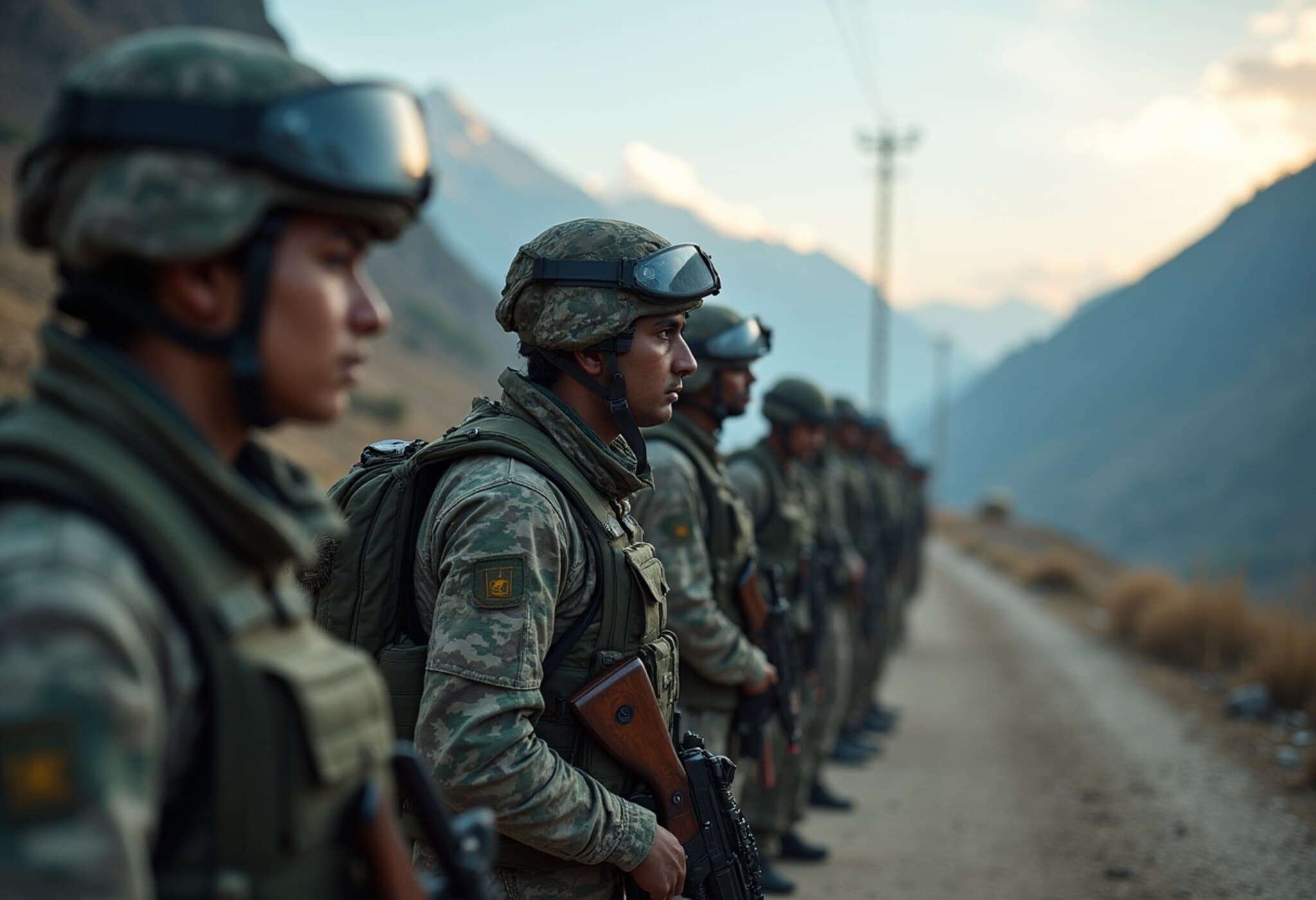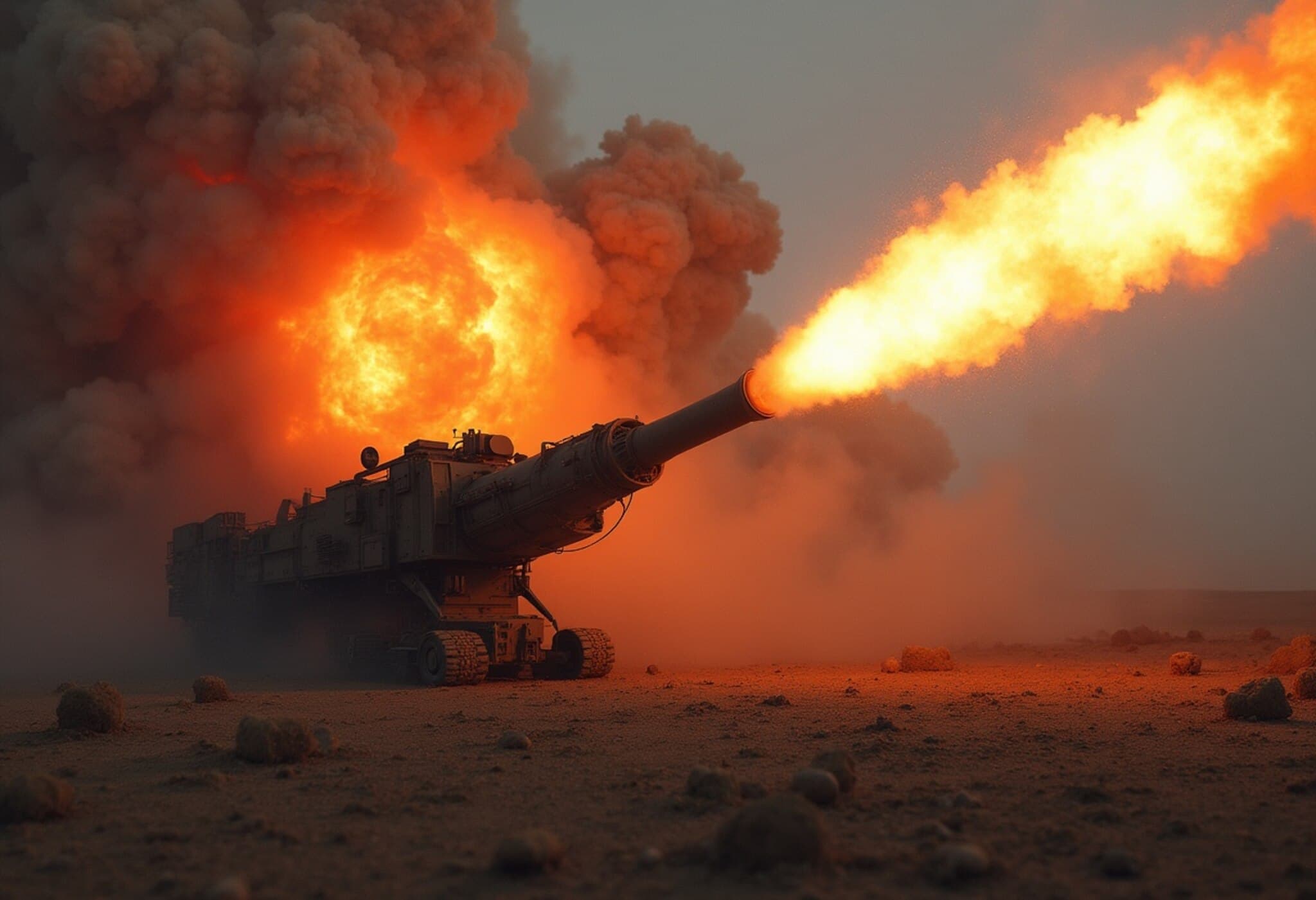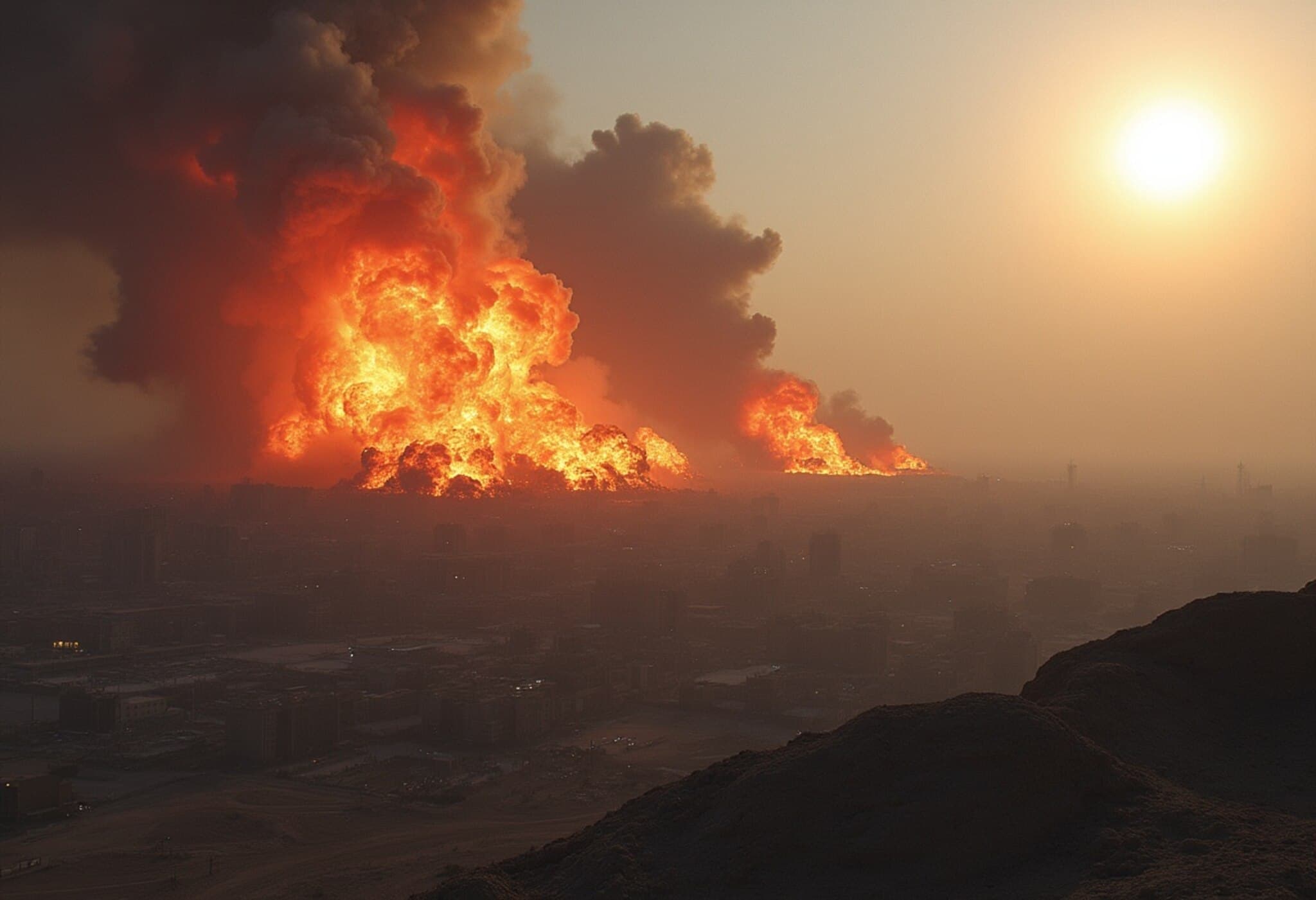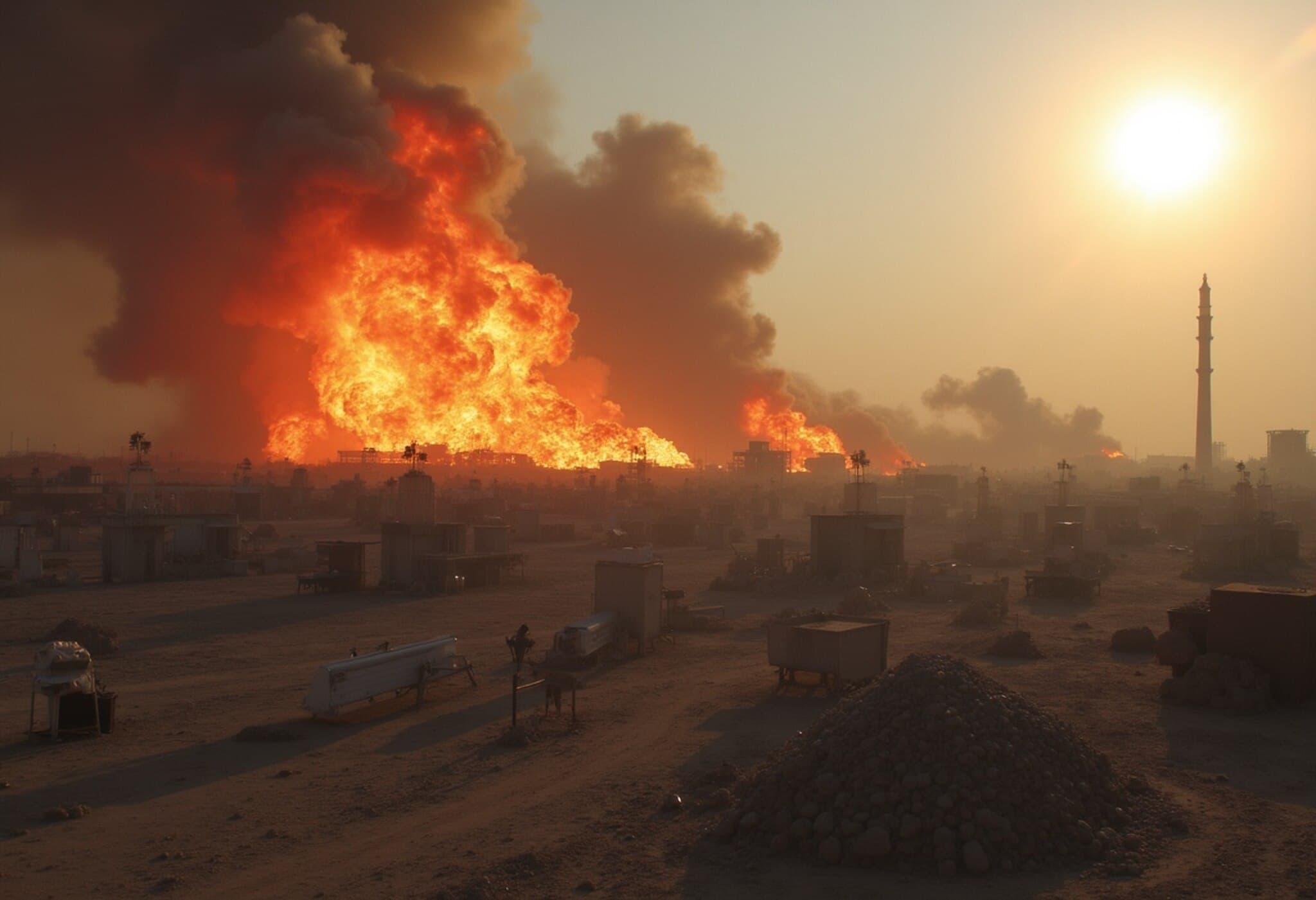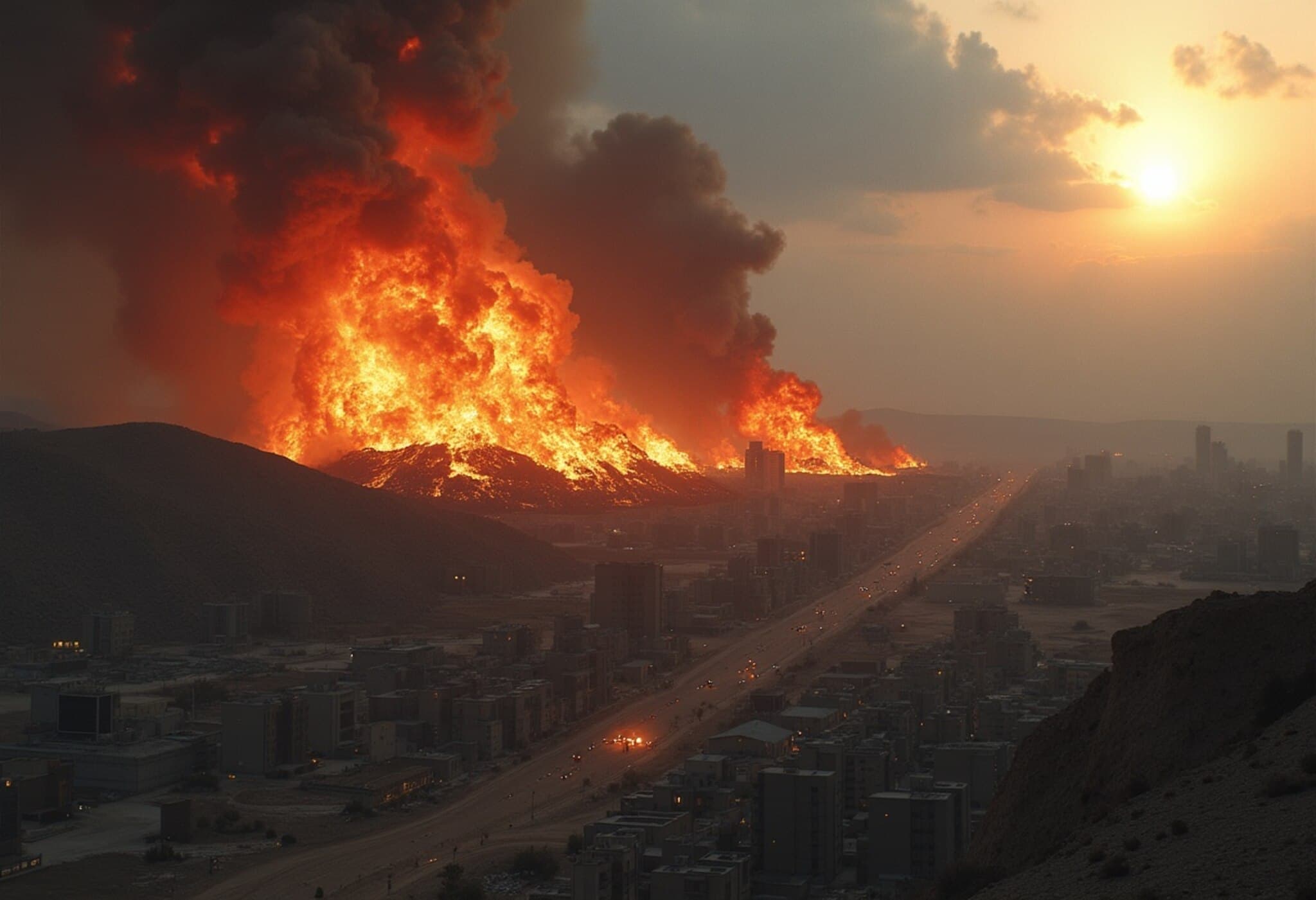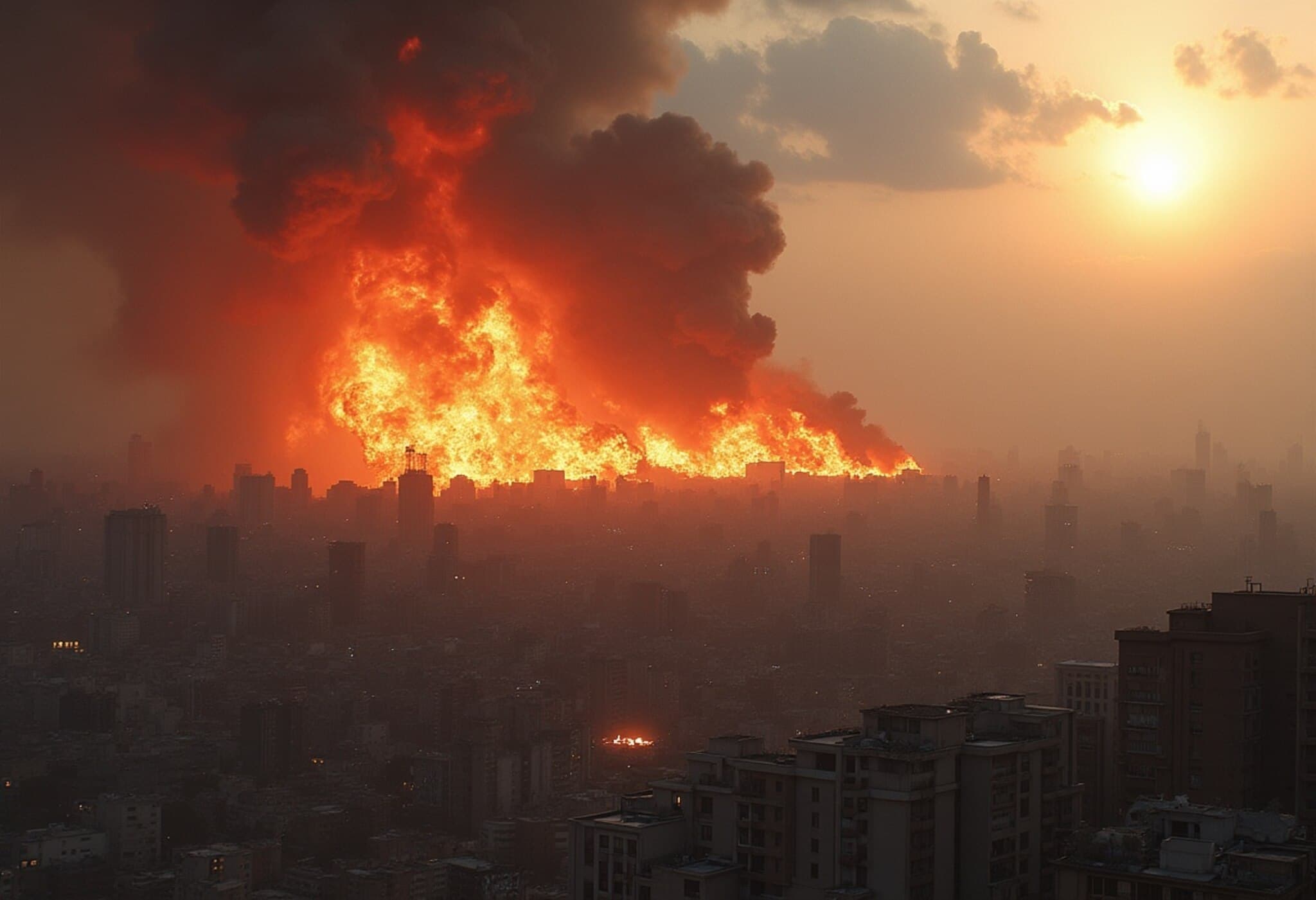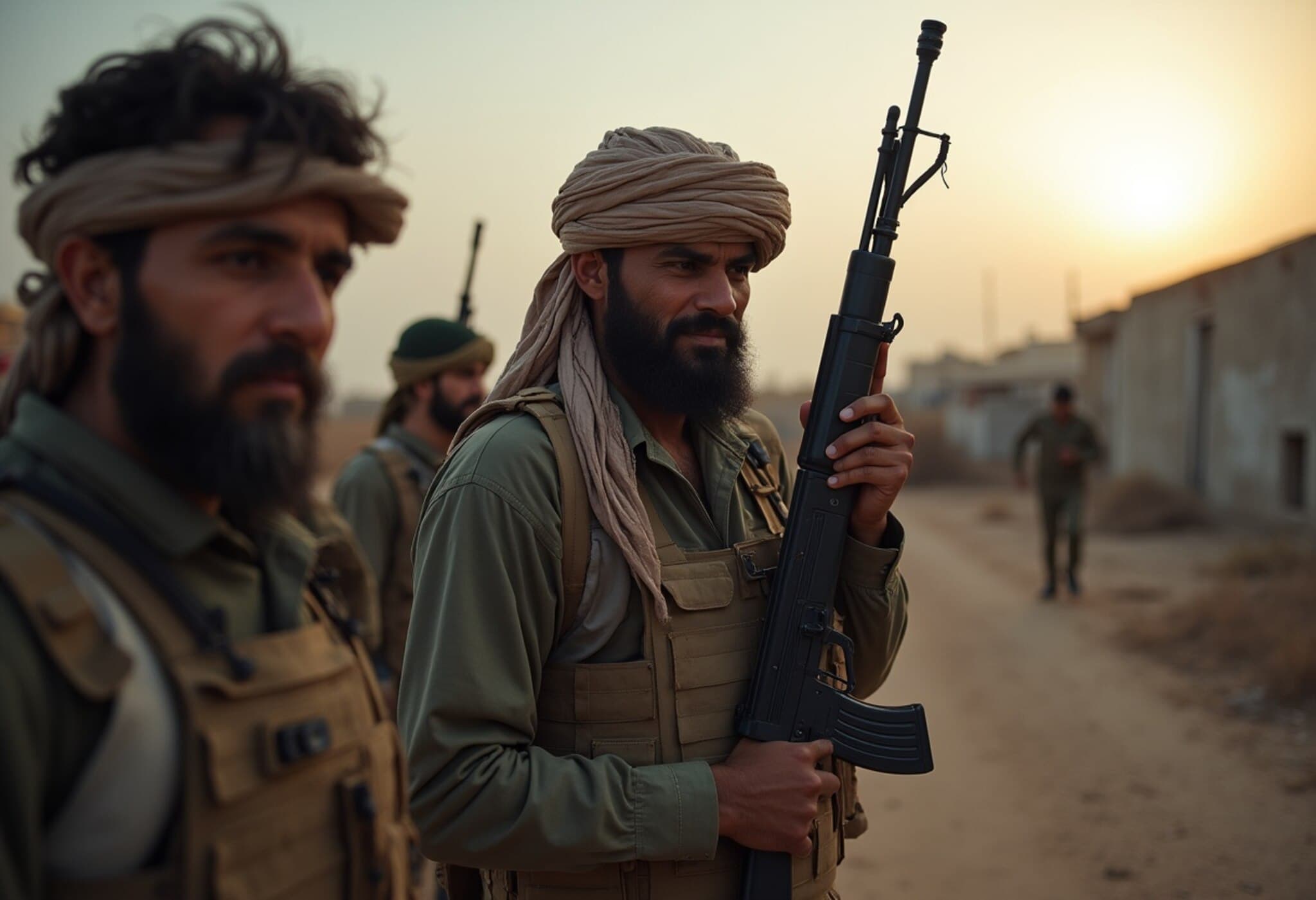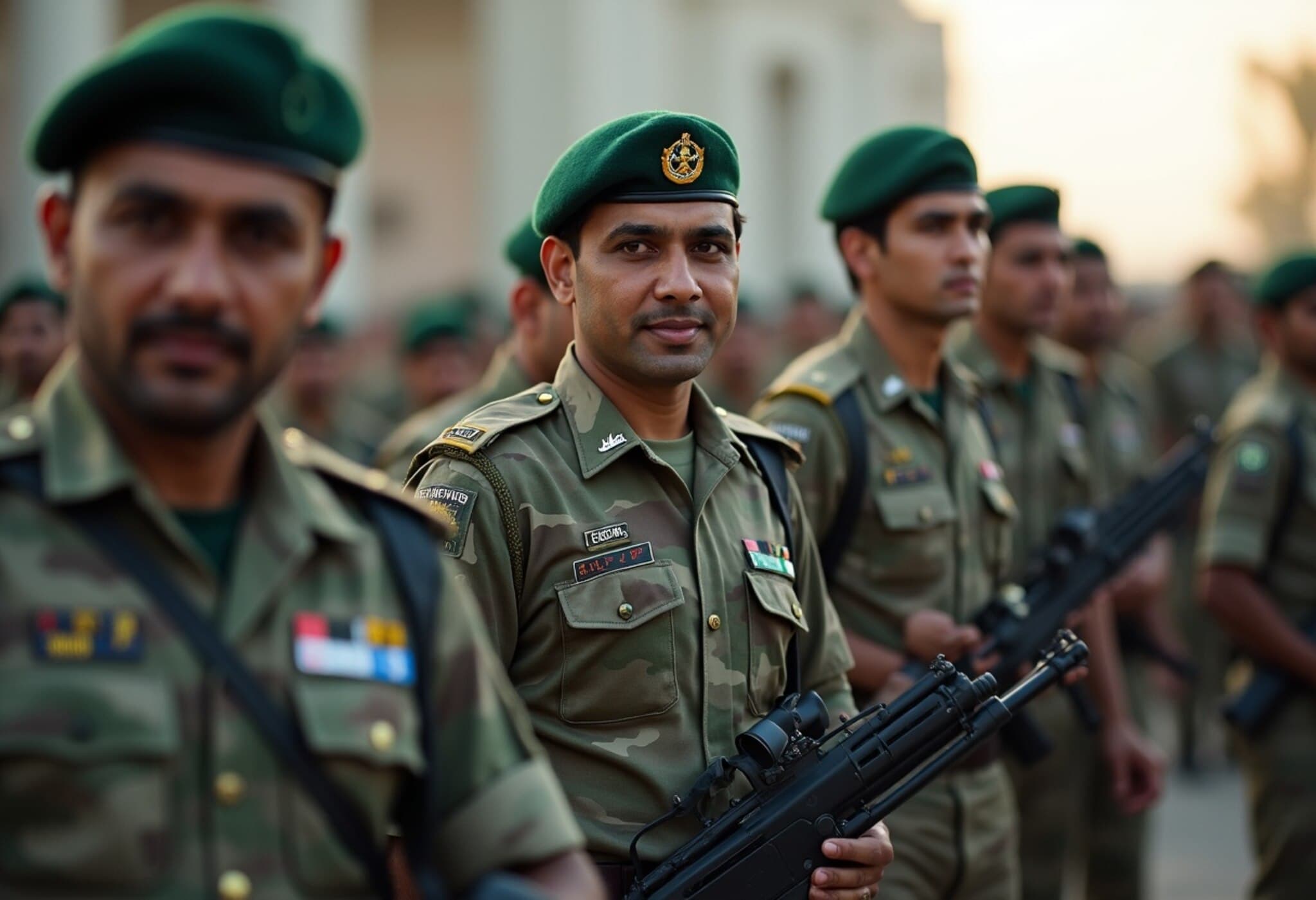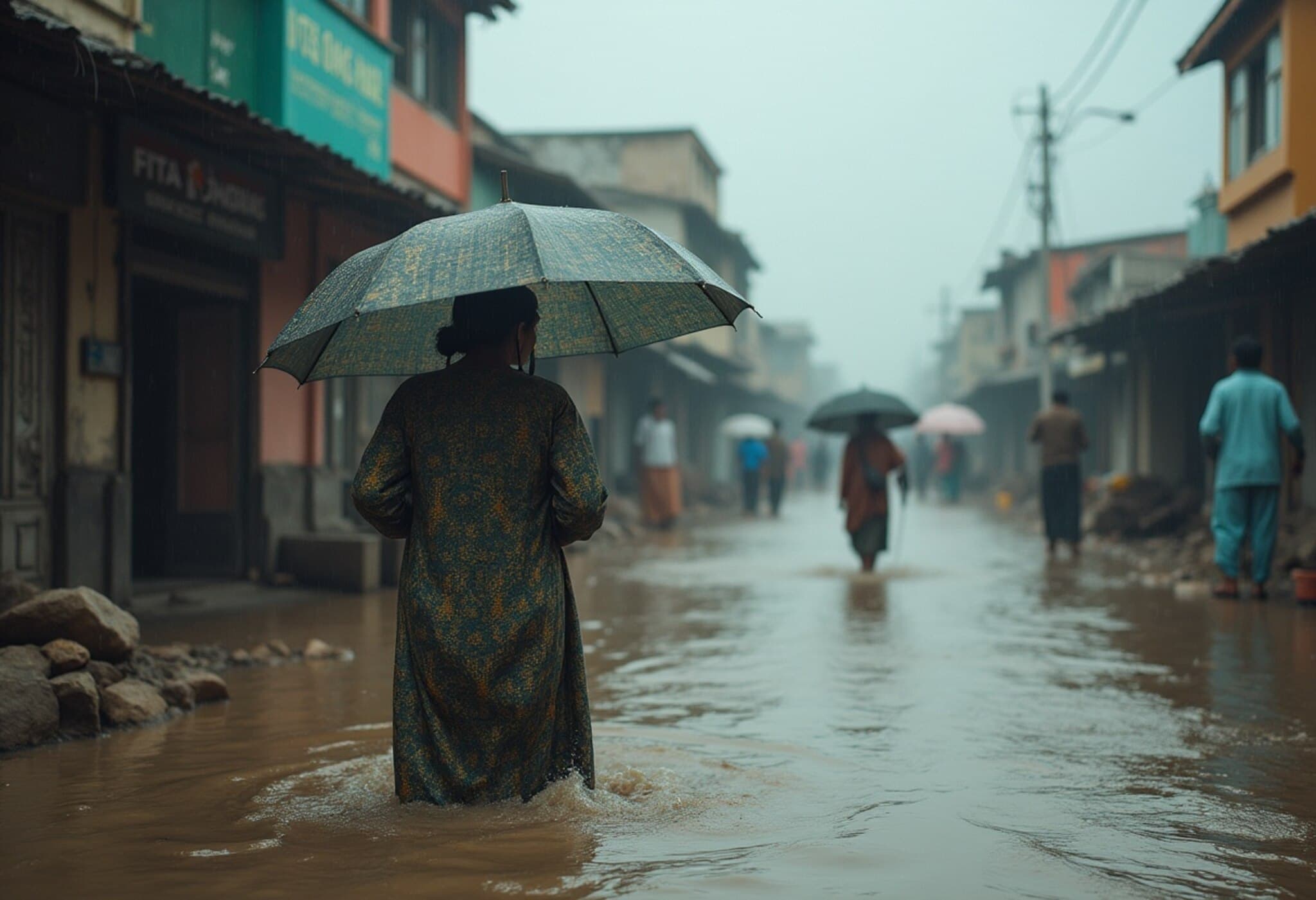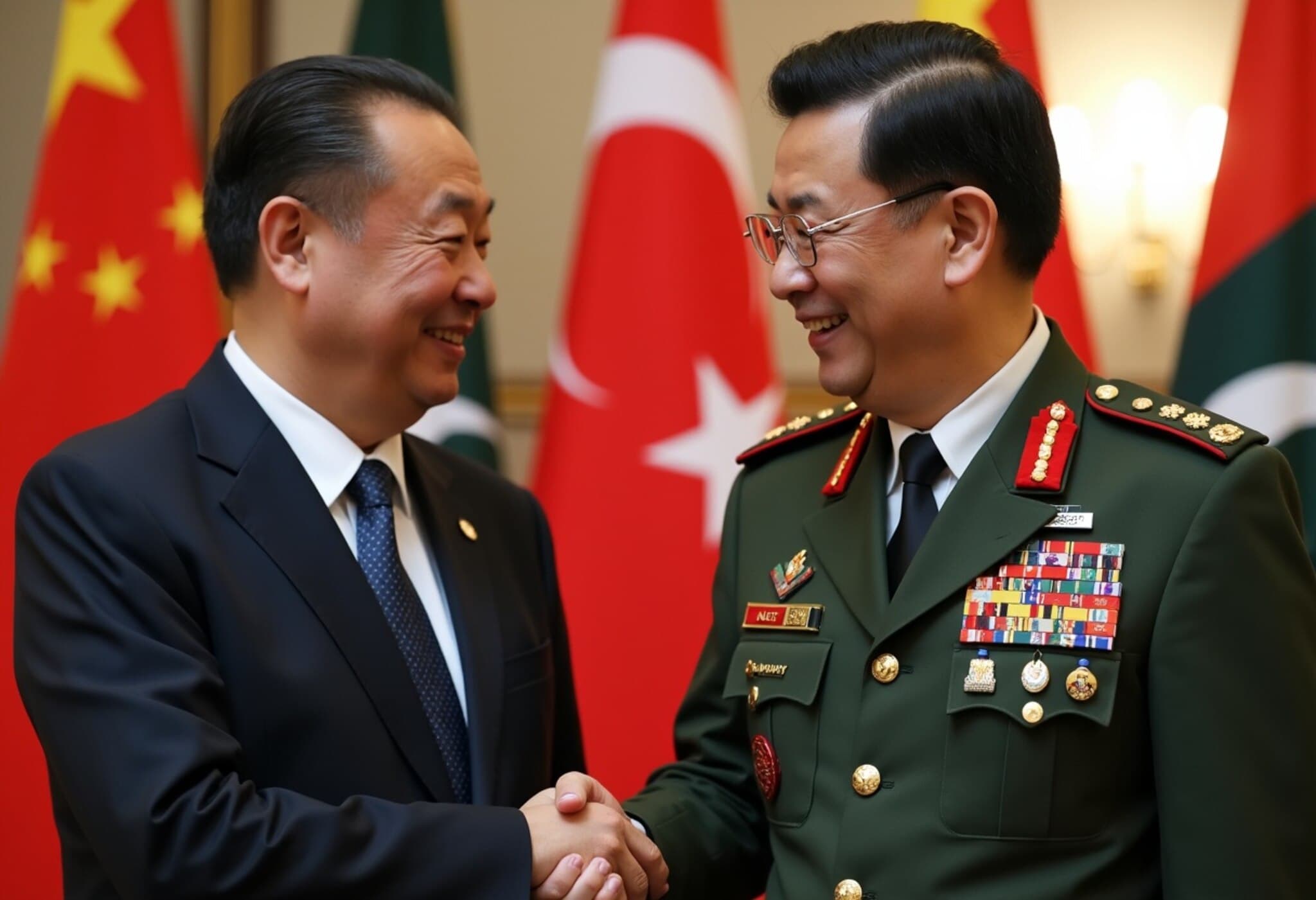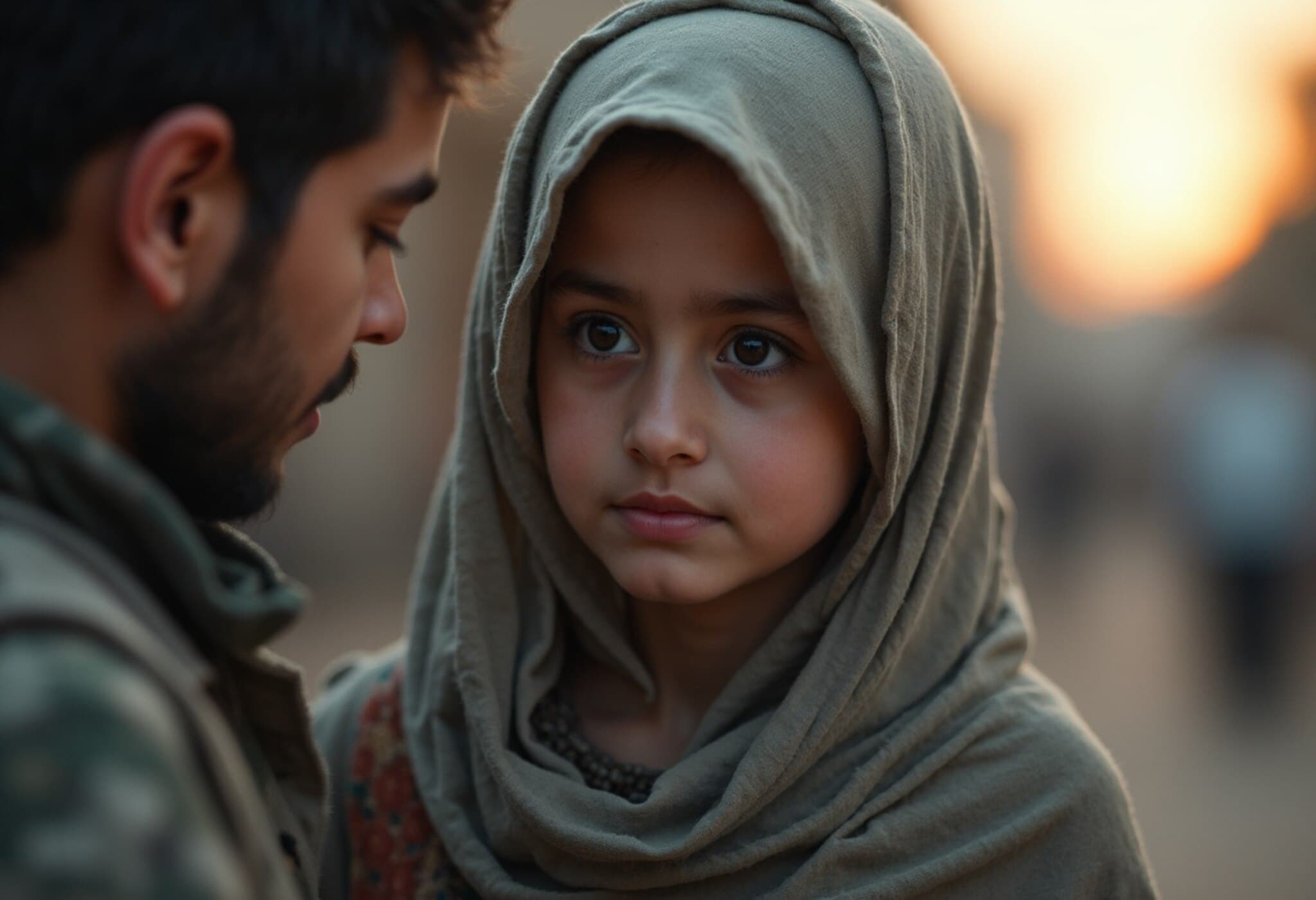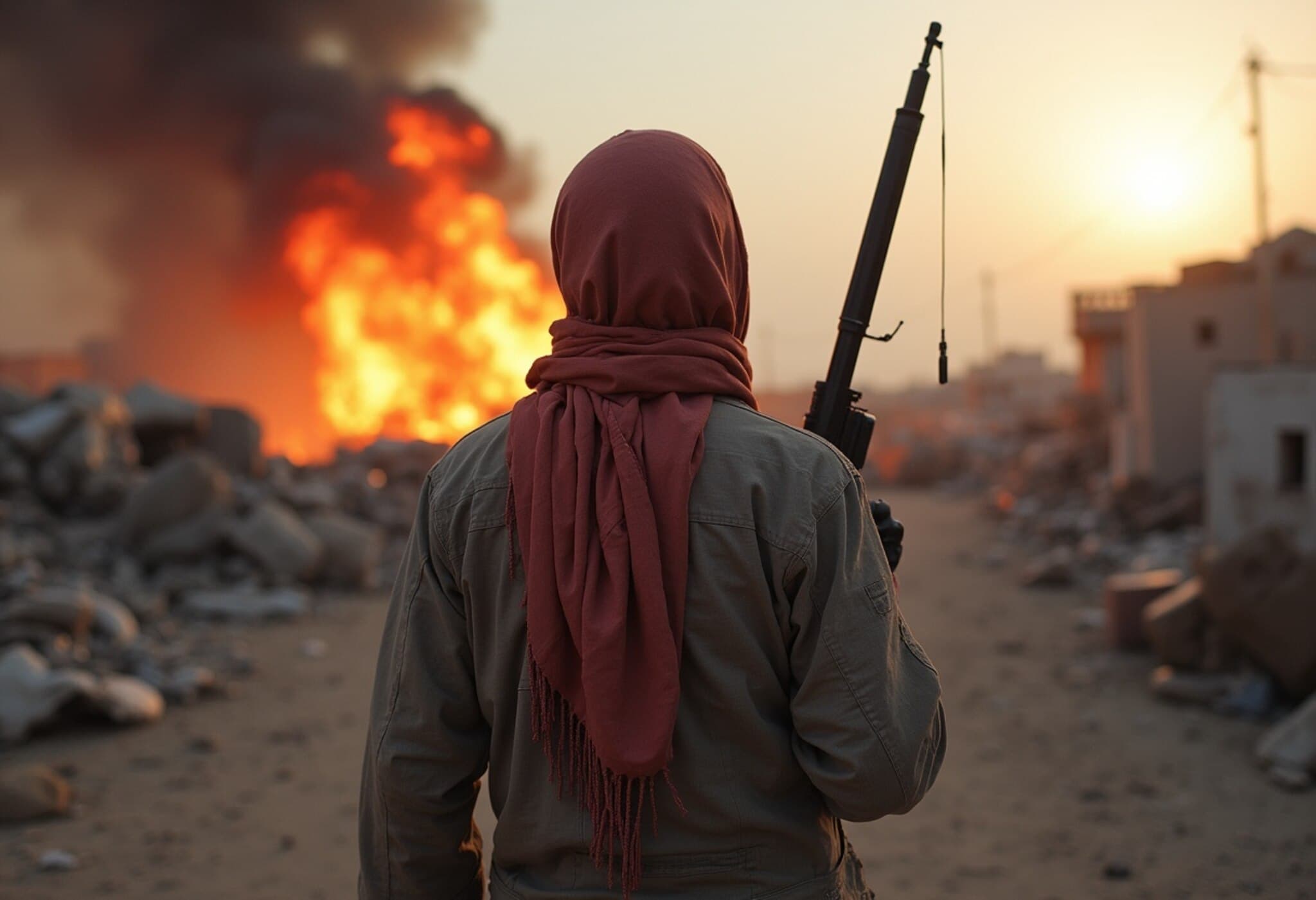Pakistan Enforces Nighttime Travel Ban Between Punjab and Balochistan
In a decisive move to enhance regional security, the district administration of Dera Ghazi Khan in Punjab announced a ban on nighttime travel from Punjab into Pakistan-administered Balochistan. Effective immediately, all private and public vehicles will only be permitted to enter or exit Balochistan during daylight hours, with crossings prohibited after 5 pm.
A Proactive Measure Amid Escalating Tensions
Deputy Commissioner Muhammad Usman Khalid, who also chairs the Regional Transport Authority, emphasized that protecting citizens’ lives and property remains paramount. “Security protocols are being strengthened to prevent any untoward incidents,” Khalid stated, reflecting the government’s increasing vigilance amid ongoing unrest.
Enhanced Security Protocols for Public Transportation
Alongside the travel curfew, authorities have introduced stringent safety measures aimed at curbing insurgent activities and ensuring rapid response capabilities:
- Mandatory video recording of drivers and passengers at bus terminals prior to departure.
- Operation of public transport vehicles exclusively in secure, protected convoys.
- Installation of surveillance tools such as active CCTV cameras and GPS tracking systems on all public vehicles.
- Equipping vehicles with emergency panic alarms to promptly alert security forces in case of threats.
Understanding the Broader Context: Balochistan's Unrest
Balochistan, Pakistan’s largest province by area, has long been a hotspot of insurgent violence fueled by demands for greater regional autonomy and a fairer share of local resources. In recent weeks, the province witnessed a deadly armed clash between rival groups, resulting in multiple casualties. Additionally, a troubling pattern emerges around the kidnapping and targeting of laborers and civilians, with the Baloch Liberation Front (BLF) claiming responsibility for recent abductions, accusing victims of espionage on behalf of Pakistani intelligence.
This unrest is not isolated; it reflects deep-seated historical grievances and ethnic tensions, with Punjab-based migrants frequently targeted in retaliatory attacks by separatist factions. The government’s tightened restrictions highlight the delicate balance between maintaining security and safeguarding civilian freedoms in such volatile regions.
Expert Analysis: Implications for Regional Stability and Mobility
Security expert Dr. Ayesha Kamal comments, "The night travel ban is a double-edged sword. While it can deter insurgent operations under cover of darkness, it also disrupts economic activity and isolates communities reliant on cross-provincial connections. Policymakers must complement these restrictions with community engagement and long-term political dialogue to address root causes of unrest."
From an economic perspective, the ban may impact trade and labor mobility between Punjab and Balochistan, raising concerns over potential isolation of vulnerable populations dependent on these routes.
Looking Ahead: What Next for Balochistan?
The Pakistani government’s immediate focus clearly prioritizes security stabilization. However, sustainable peace will require addressing broader socio-political grievances. Transparent efforts toward resource sharing, political inclusion, and protection of innocent civilians could pave the way for calmer days ahead.
Editor’s Note
Pakistan’s decision to ban night travel into Balochistan underscores the severity of security challenges in the region. While such measures provide short-term containment, they also spotlight the ongoing cycle of violence and socio-economic disruption. Observers and policymakers alike should ask: How can sustainable peace be brokered in a region long marred by conflict? And, how might travel restrictions reshape the daily lives and economic prospects of ordinary citizens caught in the crossfire?



